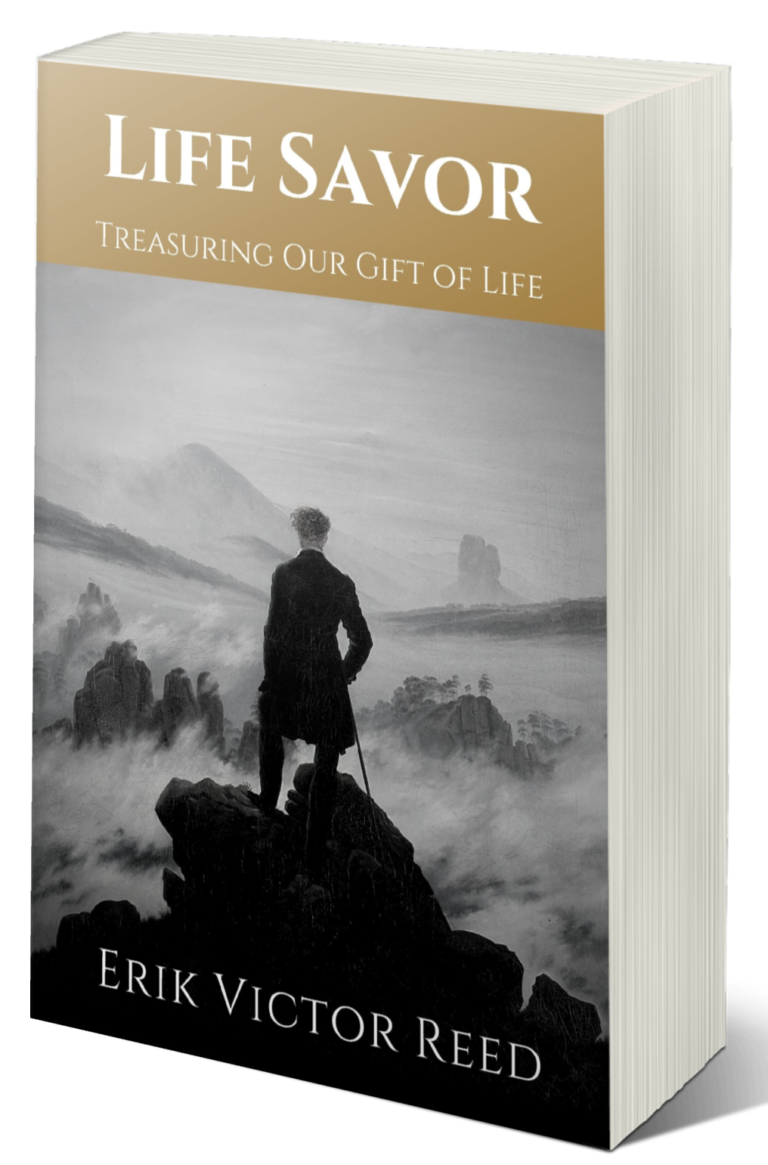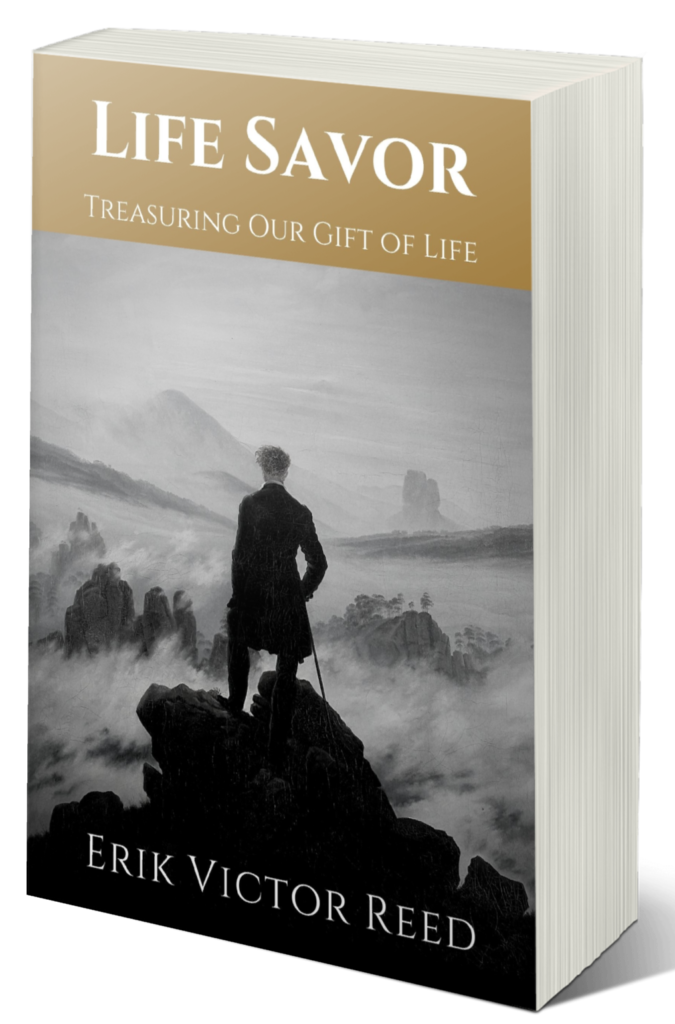Life is hard.
The grind of obligations. The stresses. The frustrations.
Sometimes it feels like we’re barely keeping our heads above water.

So we ask ourselves: Why do we live? What’s it all for? Why do we even bother?
I believe we live for something so uniquely human that we often overlook it.
I believe we live for the aesthetic experience of life.

We talk about living for happiness, for love, for family. And those are all important. But what underpins all of these values is our ability to experience their beauty, to feel their meaning, to savor their significance. I call this ability our “aesthetic experience” of life.
Aesthetic experience is our ability to savor and find meaning in both art and the moments of our lives. It’s about being able to appreciate, being able to step back and say: This matters. This is beautiful. This is meaningful.
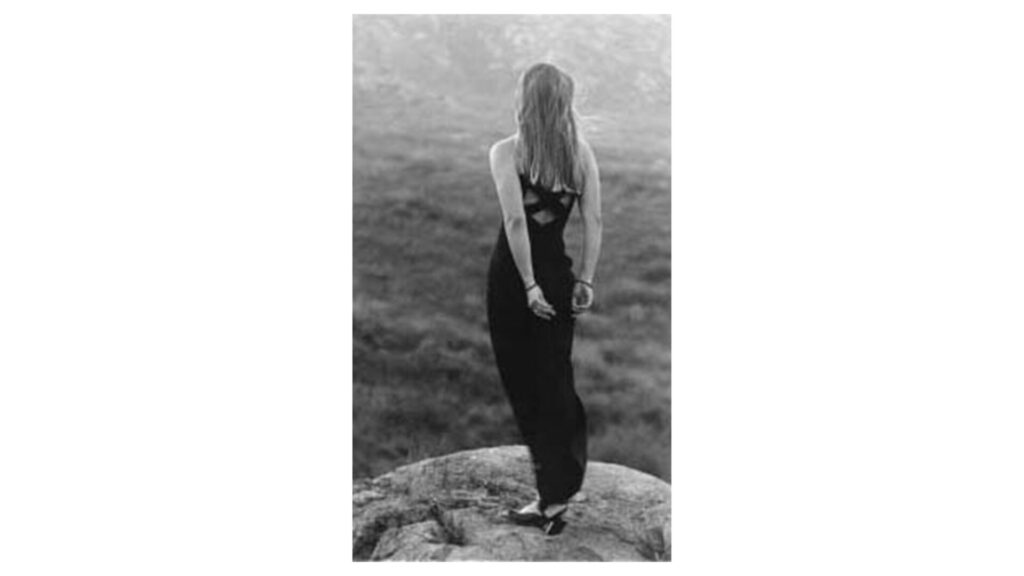
Aesthetic experience provides our most fundamental reward for living and our most compelling reason to live. It’s what we ultimately get out of life.
Let me explain.
What is Aesthetic Experience?
Aesthetic experience is a uniquely human ability to savor—to notice, reflect, and get emotions from understanding, to get emotions from the meaning of what we encounter.
It’s appreciation for the sake of appreciation. It’s the ability to step back from the world and say, This is significant. And then to get a satisfying feeling from that significance.

Aesthetic experience is what it means to experience life as a human being.
As humans, we not only taste life, we appreciate our taste of life. Our capacity to stand outside of experience and understand it imbues our experience itself with the reward of significance.

When we think of aesthetic experience, we think of art first, because art exists for one purpose: to evoke aesthetic experience. That’s all art is for. A painting, a poem, a song—they don’t “do” anything practical. They don’t feed us or shelter us. But they feed our souls. They stop us in our tracks. And they remind us of what it means to be alive, and of why we bother living at all.
Our aesthetic experience is ultimately what we live for.
This is why we see cave paintings since the dawn of mankind. Art speaks to our primal need for meaningful aesthetic experience.

Consider how art affects us. It doesn’t just offer enjoyment; it evokes deep feelings that linger, making us reflect and feel about meaning. It allows us to get pleasure from the meaning itself, even when the meaning is sad or dark.

In the same way, the moments of our lives stir us, and our meaningful experience of those moments provides an ongoing payoff for being conscious as a human being. We are able to get fulfillment from our human capacity to appreciate, regardless of whether we’re appreciating art, the universe, or life itself.
We are able to appreciate life aesthetically in the same way as we’re able to appreciate a painting, a sculpture or a piece of music.
Imagine watching a sunset.

You don’t just see colors in the sky; you feel the connection between that moment and your life. In that moment, you’re not just alive—you’re aware of being alive. You’re aware of the beauty of the world, of your place in it, and of something big and poignant. And that big poignant feeling comes from your ability to have an aesthetic experience.
How do we humans do this?
Essentially, our conceptual brain gets emotion from the act of comprehension itself—from the act of integration itself. Not just emotion from the content of what we comprehend (though certainly that), but also emotion from the act of standing back and grasping something. Our brain gets pleasure from being able to step back, see patterns and emotionally appreciate those patterns.
We humans are able to get pleasure from stepping back and abstractly appreciating beauty, value and meaning in life. This ability is what allows the experience of both art and life to be deeply moving for us.

Grasping meaning sends chills down our spines and lets our life feel significant and worth living, even during difficult times. Aesthetic experience gives us a “tingle of meaning”—something we humans need in order to feel fulfilled. This “tingle of meaning” is our emotional response to grasping significance.

This capacity isn’t mystical. We humans evolved into conceptual beings that grasp meaning and get an emotional reward for doing so. It’s a gift we’ve developed over hundreds of thousands of years of selective advantage from noticing patterns, experiencing comprehension, and reflecting on existence. We’ve evolved to the point that the experience of meaningfulness itself feels rewarding for us. Even struggles and darkness can feel rewarding when we see something meaningful in them (e.g., pride from endurance or wisdom from experience).
Bottom line—aesthetic experience lets us find symbolic meaning-based rewards in living—rewards that exponentially enrich the satisfaction we’re able to get out of being alive.
Aesthetic Experience as a Reason for Living
So, why does all this matter?
For humans, living is not a biological imperative. We can commit suicide. So, for humans, life is a choice.
As humans, we’re aware that we’re alive, and we need reasons to continue living. We don’t just need food and shelter. We need meaning. Without it, life is empty, and we struggle for a reason to keep going.

Aesthetic experience is crucial to why we keep going. It’s not just a pleasant bonus of being human—it’s central to our existence as thinking, reflecting beings. We live because we get a sort of meta-pleasure from meaningfulness itself.
We live for our chance to taste life and have a meaningful experience of it. We live to have a full, significant and appreciatory taste of life. The whole point of living for humans is not just to survive but to exploit our chance at experiencing life in meaningful ways. That’s what’s really fulfilling for us.
We love for the sake of love. We write music to create beauty and to see if we can do it.

We fight for political rights and treat people well because we want to live (or most of us want to live) in a just and benevolent world. We accomplish goals for the experience of pride and for appreciating something we did well. Most animals don’t need these “sentimental” meta-values, but we do.
We humans aren’t motivated merely by eating grubs in a cave. We want to drink wine from crystal glasses. We want to make progress. We want to know what it’s like to stand on the moon, or on Mars.

We ultimately live for beautiful, interesting, fulfilling aesthetic experiences. Despite what Existentialists might say, human life doesn’t involve just rolling rocks up a hill. Far from it. The net reward we get from life, in terms of aesthetic experience, is often much greater than the work required to stay alive—especially in the modern world and especially in regions that enjoy freedom.
Life is like a stage play in which we are both the actor and the audience. It starts happening when the curtains go up, and then it’s over when the curtains go down.
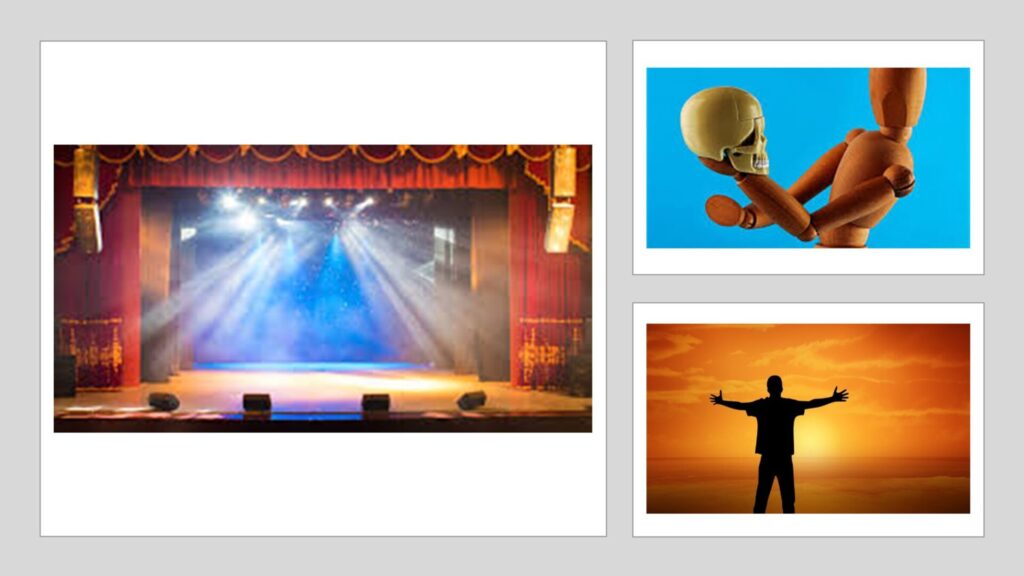
Nothing practical comes of it for us at the end except for the aesthetic experience of the journey, or the play. The reason for the play, and the reason for our life, is ultimately and most profoundly for the aesthetic experience of it.
Dostoevsky once said, “The secret of man’s being is not only to live but to have something to live for.” That “something” is meaning. And the reward of meaning is the feeling we get from significance.
It’s the moments that make us laugh, or cry, or stand in awe. It’s the beauty we witness and the meaning we create. It’s about living in such a way that we can look back and say: Yes, that was worth it. That was deeply meaningful.

This is the gift that aesthetic experience gives us—it helps us recognize and feel the significance of life, even in our most difficult times. It transforms the mundane or even painful into something profound, something to be proud of, something that’s worth living simply because we can appreciate it as meaningful.
Aesthetic Experience is Everywhere
And the good news is that there is an abundance of aesthetic experience when we look for it and appreciate it.
Watching the stars. Scuba diving. A deep and secure love.

Aesthetic experience is everywhere. It’s in the way sunlight dances on water, or leaves rustle in the trees. It’s in the way we laugh at a joke or cry at a bittersweet memory. It’s all laced with meaning. And aesthetic experience is the way we mine emotional reward from that meaning.
Aesthetic experience includes anything that’s meaningful or moving for us—because it’s beautiful or pleasurable, or it makes us feel alive, or it taps into our deepest values. Even negative experiences carry profound meaning that can add mature depths to the storied experience of our life.
And although aesthetic experiences are potentially all around us, they register most when we take time to appreciate them for being aesthetic experiences. They reward us when we’re open to them, when we prize them, when we give them a place of honor in our lives. Indeed, aesthetic experience is so important that it should even have a central role in our life’s purpose.
Purpose, Fulfillment and Living a Full Life
One of the great struggles in life is figuring out what to live for, and I think part of the answer lies in aesthetic experience.
I suggest we should live for the purpose of having a full and fulfilling aesthetic experience of life, because this is fundamentally what we get out of life.

It’s not so much about external metrics of success, but rather setting the full experience of your time alive as your purpose. Trying to live the fullest aesthetic experience you can while you still have this amazing chance to live, to taste, and to appreciate. This, to me, is the big picture of what we should hope for in our limited time alive.
With fulfillment as our purpose, every personally fulfilling pursuit and moment becomes valid (assuming we’re not infringing on the rights of others). With this standard, we need never feel guilty about taking time for what’s truly important to our experience of life, whether it’s working toward a meaningful goal, caring for a loved one, or appreciating the wind blowing across a field of flowers.
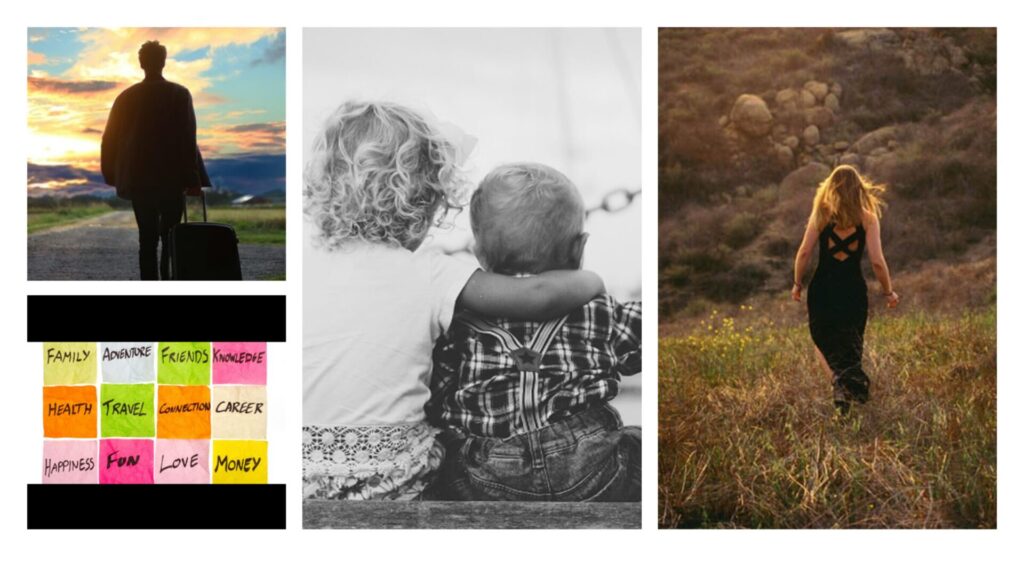
Conclusion
Having meaningful experiences is the gold standard of human life.
Meaningful experience not only serves as a reason for living, it also serves as a good standard for choosing how to live. In prizing meaningful experience, we remember to not take life, or our aesthetic experience of it, for granted.
Too often, we treat life and our human experience of it as mere background noise instead of the main event that it really is.
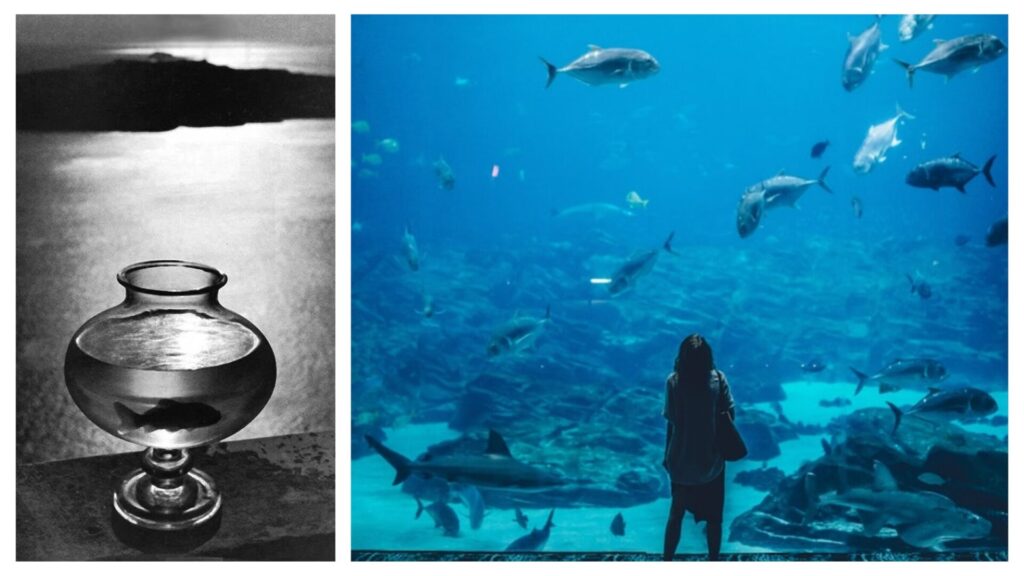
Like fish failing to notice the water they live in, we don’t notice our life or our capacity to appreciate life. We experience the opposite of aesthetic experience, succumbing instead to an anesthetic experience—a sense of numbness or even apathy in life.
While we can, we should awaken to our gift of life and to our chance to appreciate it.
In this cold and lonely universe, we humans get to be a witness to its majesty, though our lives are only like sparks in the night.

Our challenge is to shake off the anesthetic of familiarity while we still have a life to live, a universe to taste and an existence to appreciate.

At least before we die, we should learn to embrace our existence. We should learn to celebrate both our gift of life and our uniquely human chance to love it.
To learn more about Life Savor’s philosophy,
read Life Savor: Treasuring Our Gift of Life by Erik Victor Reed.



